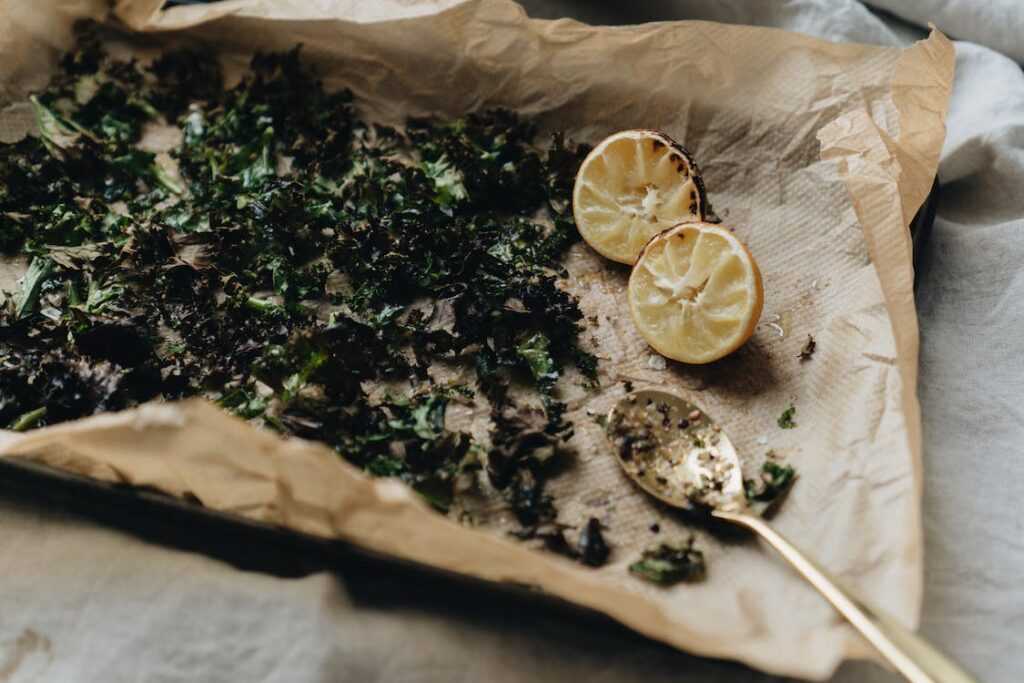Folk medicine was based on herbalism. In every village there were ‘grandmothers’, ‘witches’ (women) or ‘whisperers’ (women and men). These were people dedicated to healing the sick and warding off evil spells. It was believed that only the eldest of the siblings (the first-born) could practice this profession. However, by calling them this, the people did not mean their magical powers. The name “witch” was derived from “knowledge”, hence unmarried young girls were called “women” – “not knowing”. The effects of herbs were usually supported by prayers. This is where the names ‘whisperers’ and ‘whisperesses’ came from. Sometimes special rituals were also performed.
Such rituals include egg spilling, which is still popular in our area today. It is used with small children who cry a lot for some reason. It is said that they may have been frightened by something or have become infatuated with someone. In order to prevent such an infatuation, a red bow is tied to the pram, and if one meets a small child, one should not be too enthusiastic about its beauty, because this is when infatuation occurs. If he does say out loud, for example, “How beautiful!”, he should spit over his left shoulder to ward off the charm. However, if the child becomes enchanted or frightened anyway and cries through the night, one should go to a “whisperer”. He or she passes an egg over the child’s head, reciting the prayers ‘Our Father’, ‘Hail Mary’ and ‘Creed’. It is said that the egg then becomes cloudy because it takes away fears or charms. To this day, there are 2 people in the area around our town engaged in such healing.
Popular, minor beliefs usually concern good luck, prosperity or marriage. Today, they are often repeated ridiculously, although many people still adhere to them “just in case”. Thus, one should not put one’s purse on the floor because one will not have money. Before a long journey, one should sit down for a while in order to arrive safely at one’s destination and run the intended errand. Do not sit down to a meal at the corner of the table if you are a maiden or bachelor, as this augurs old age. Do not sleep with your feet towards the exit door, as this is a ‘do death’ setting (this is how a deceased person is traditionally carried out of the house). Do not greet, say goodbye or pass anything to each other over the threshold of the house – a belief linked to the very old tradition of burying the dead at the thresholds of homes. In the event of a thunderstorm, one should light a thunderbolt candle and place it in the window – this way lightning will avoid the house. There were many such beliefs; only a few have survived to this day.
However, herbs were the most important in terms of medicine and beliefs. They were believed to have magical powers. For example, lovage was considered a love potion. If a girl wanted to make someone fall in love with her, she would add lovage to their food or drink and give it to them. Myrtle was a symbol of virginity and promoted fertility. For this reason, it was grown in pots in all the houses where young maidens lived and then woven into wedding garlands. Ruta was considered an aphrodisiac and was planted in gardens by maidens who wanted to find a husband as soon as possible. It was considered an effective aid against old age. Rosemary, on the other hand, was good for fidelity, which is why after the wedding the bride pinned a rosemary bouquet to the groom’s waistcoat. Of course, herbs were used on a daily basis and have now been scientifically proven to have an effect: birch bark, to lower the temperature; linden decoction, as a diaphoretic; oak bark, used topically for inflammation of the genital organs, haemorrhoids and ulcers; chamomile, as an anti-inflammatory; lavender, for sedation; horse sorrel seeds for diarrhoea; milkweed syrup for strengthening, and mixed with thyme herb as an expectorant; pine syrup for coughs and colds. These are just a few examples of the knowledge of our ancestors. We laugh at some of them today (such as the remedy to prevent pregnancy, which was to spit three times into a well), but from some of them we could learn a great deal about the resources of nature, which we have stopped using in favour of the chemical remedies provided by pharmaceutical companies.

